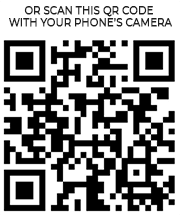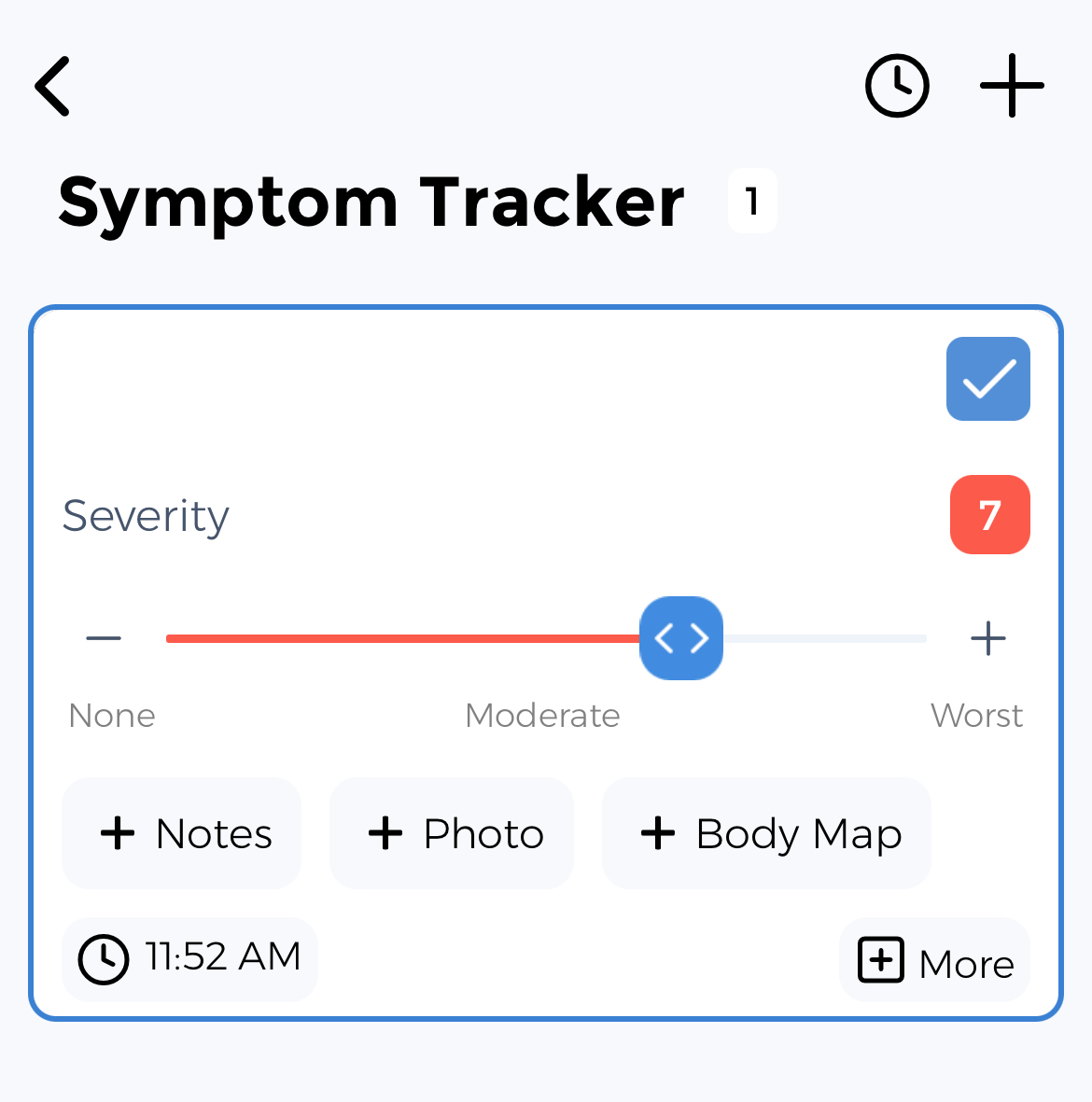Hiatal Hernia Symptom Tracker: Your Health Assistant
Living with Hiatal Hernia means dealing with heartburn, acid reflux (regurgitation of food or liquid into the mouth), chest pain (can mimic heart pain), and more. But here's the truth: Data is your most powerful tool. Every logged symptom reveals patterns—so you can take informed action.
A hiatal hernia occurs when the upper part of the stomach bulges through an opening in the diaphragm (the hiatus) into the chest cavity. Small ones often cause no problems, but larger ones can lead to heartburn and acid reflux. Tracking reflux symptoms, dietary triggers, and positional effects is helpful.
Key Hiatal Hernia Symptoms You Should Track
Struggling with symptoms like these? Tracking them reveals patterns, triggers, and how they impact your daily life.
Heartburn
Acid reflux (regurgitation of food or liquid into the mouth)
Chest pain (can mimic heart pain)
Difficulty swallowing (dysphagia)
Belching
Feeling full soon after eating
Shortness of breath (less common)
Track Your Hiatal Hernia Treatments
Tracking how these common treatments affect your symptoms can help you and your healthcare provider optimize your care plan:
Our tracker helps you monitor when you take medications and how they affect your symptoms over time.
Standardized Hiatal Hernia Assessments
Complete these evidence-based assessments in the App to measure your severity and monitor your progress:
⚡ Knowledge Is Your Superpower
The difference between feeling overwhelmed by Hiatal Hernia and feeling in control starts with data. When you track your symptoms, you transform uncertainty into clarity. Every data point brings you closer to understanding your unique patterns.
It's free to try for anyone—whether you're managing your own condition, supporting a child, helping an aging parent, or assisting a partner. Our tracker adapts to your specific role in the health journey.
How the CareClinic Hiatal Hernia Symptom Tracker Adapts to Your Needs
Adults
Caregivers
Parents of Children
Young Adults
Your Complete Hiatal Hernia Management Toolkit
Uncover Patterns & Insights
Map your Hiatal Hernia symptoms like a detective solving a case.
Understand Your Medication's Impact
Turn guesswork into strategy. See how treatments affect your well-being with clear health insights.
Objectively Measure Your Progress
Use clinically validated tools to objectively measure your progress.
Other Tools You May Like...
Plus 1 more specialized tracking tools available
Access All Tracking ToolsAlso Supports Other Conditions Like
Success Stories from Our Community
"This app gave me insights about my Hiatal Hernia that even my specialist didn't catch. I discovered that shortness of breath (less common) wasn't random at all, which completely changed my treatment approach."
"After my diagnosis with Hiatal Hernia, I felt lost. This tracker became my guide. I noticed my shortness of breath (less common) responded better to exercise routine than medication alone, and that knowledge alone made a huge difference."
Take Control of Your Hiatal Hernia Journey
Transform from feeling like a passive patient to becoming an informed self-advocate. Join thousands who've discovered new insights about their condition.
Designed by people who understand the daily challenges of managing chronic conditions, we're here to support you and your ❤️ ones.
Download Your Hiatal Hernia Tracker NowYour Data is Protected
Private & Secure
HIPAA Compliant
GDPR Compliant
Never Sell Data
Your data is yours: You get full control over who can view your information. CareClinic keeps all your data secure and encrypted.
References based on studies by:

